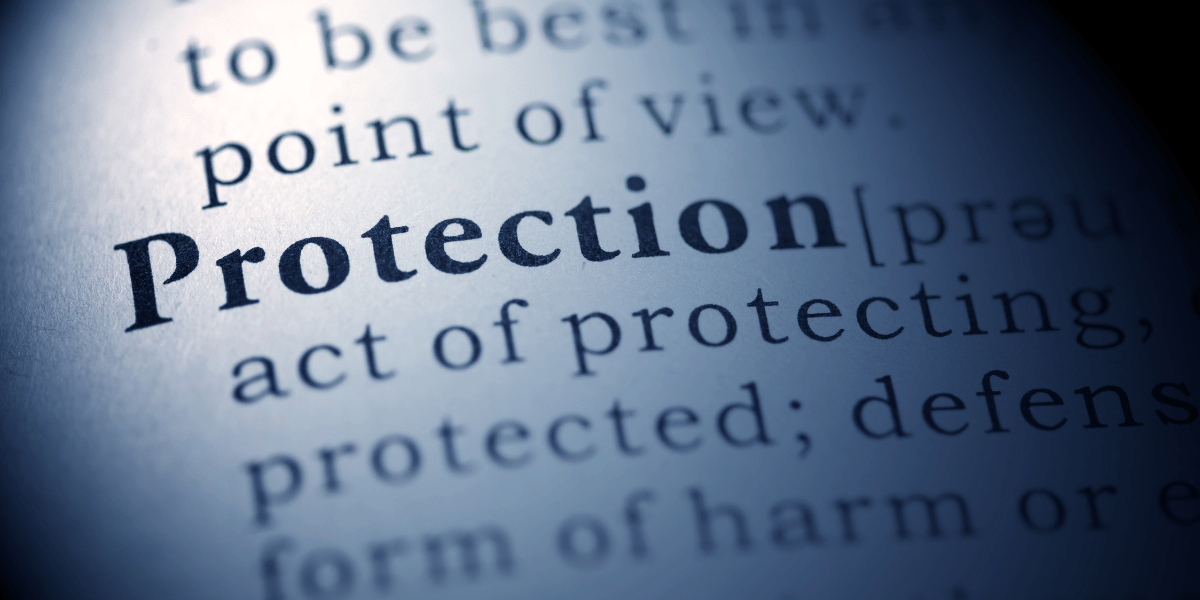|
|
|
|
|
|
|
|
|
|
Why You Need to Insure Your Home
While buying a home can be an exciting milestone, it also brings several responsibilities. In addition to any mortgage payments, you have maintenance, property tax, and additional costs such as HOA fees to think about.
But what about insurance? What types of policies will you need to carry? To clarify if it’s legally required or a good idea to have, we’ll help guide you through the confusion.
Homeowners insurance
While homeowners insurance isn’t legally required, your lender will likely mandate it to protect their financial interest if you have a mortgage. However, it’s highly recommended to get coverage even if it’s not required.
Home insurance can safeguard your property from perils like fire or vandalism, and provide liability protection if someone gets injured on your property. Don’t skip on protecting your valuable investment.
Mortgage lenders
Mortgage lenders typically require homeowners insurance to protect their financial interest in your property. Standard policies usually don’t cover flood damage, so you may need to add flood coverage if your home is in a designated flood plain.
You may also need to purchase earthquake coverage if you live in an earthquake-prone area. These coverages can be sold as endorsements or separate policies. Check for flood maps and insurance requirements for your address.
You may find that there are challenges to finding homeowners insurance in areas that are more susceptible to these types of events. When choosing where to purchase your property, make sure you are able to obtain sufficient coverage for your new home.
Your lender may require you to insure your home up to its rebuilding value, which could differ from the market value. Insurance companies use specialized tools to determine this amount based on your home’s details.
Lender requirements vary, so talk with them and your insurance company to know the needed coverage. A loss payable clause in your policy means that both you and your lender can receive compensation for damages claimed, protecting their stake in your property.

Protections offered
In addition to mortgage lender requirements, homeowners insurance provides financial protection, so you don’t have to bear the full cost of repairing or replacing your home in case of a claim covered by the policy.
A standard home insurance policy includes six areas of financial protection that you can benefit from:
- Dwelling coverage in your policy covers your home’s structure in case of damage from covered events like fire, wind, or vandalism. A claim can be filed to potentially help pay for repairs.
- Other structures coverage protects structures other than your house, such as a detached garage, shed or fence. It provides financial protection that is a vital part of a comprehensive home insurance policy.
- Personal property coverage protects your belongings, covering them up to your policy limits if they get damaged in a covered loss. You may need a policy rider for high-value items such as jewelry or electronics. It is an important aspect of homeowners insurance.
- Personal liability coverage is a part of homeowners insurance that protects you if someone is injured on your property and you’re sued to cover their medical expenses. It can also cover damages if someone else’s property is damaged at your home. This coverage is an essential part of homeowners insurance.
- Medical payments coverage is often confused with personal liability, but they are different. Medical payments coverage can help pay for medical expenses if someone gets hurt on your property, regardless of who is at fault. This coverage usually has a smaller limit than personal liability coverage, typically ranging from $1,000 to $5,000. It is an important aspect of homeowners insurance.
- Additional living expenses coverage, sometimes called loss of use coverage, can help cover the cost of temporary living expenses if your home is damaged and you can’t live in it while repairs are being made. This can include things like hotel costs, restaurant bills, and even transportation costs if you have to commute further while you’re displaced from your home. The coverage typically has limits and requirements, so it’s important to understand the details of your policy.
Additional options
Aside from the six fundamental coverage options mentioned, there are additional endorsements that can be added to your policy to provide added financial protection.
The HO-3, which is the most prevalent type of homeowners policy, provides coverage for your dwelling and other structures on an “open perils” basis, while your belongings are covered on a “named perils” basis, with coverage extended for 16 named perils.
However, even if your home is covered on an open perils basis, most HO-3 policies still have exclusions, such as floods, sinkholes, pests, and others.
Endorsements
Endorsements refer to optional coverage types that can be added to your homeowners insurance policy. These types of endorsements allow for coverage that may not be included in a standard home policy, such as earthquakes or floods.
Other common endorsements include sewer backup and sump pump failure coverage, which can be added as standalone policies or as an add-on to an existing policy. It’s important to note that exclusions like natural disasters may be covered with the addition of an endorsement.
Typically, standard home insurance policies have a predetermined limit for high-value items, such as fine arts and jewelry, which may not be sufficient to cover your most prized possessions.
In order to ensure that your personal property is adequately covered, you may want to consider adding a valuables coverage endorsement or a separate scheduled personal property policy to your home insurance.
These options can be customized to meet your specific personal property needs and provide additional protection for your most valuable items.
It’s important to note that optional endorsements and policy supplements can vary based on the insurance company and state where you reside. In order to determine the best way to customize your policy and ensure you have adequate coverage, it’s recommended that you speak with a licensed insurance agent.
They can provide you with information and guidance on the various coverage options available to you, as well as help you select the endorsements that best meet your specific needs.
Conclusion
In our experience with property law, we have seen firsthand the devastating financial and emotional consequences that can result from unexpected events like natural disasters, fires, and theft. That’s why it’s crucial for homeowners to protect their investment and personal property with a comprehensive home insurance policy.
Home insurance provides peace of mind by offering financial protection and coverage for a variety of risks that could otherwise lead to devastating financial losses. Additionally, certain types of home insurance may also protect you from liability in the event that someone is injured on your property.
Ultimately, investing in a quality home insurance policy is an essential step towards protecting your most valuable asset and providing security for your family’s future.
Home l Firm Overview l Attorney Profiles l Request Info l Contact Us l Privacy l Disclaimer l Credits l Sitemap




